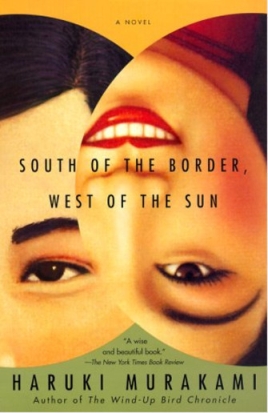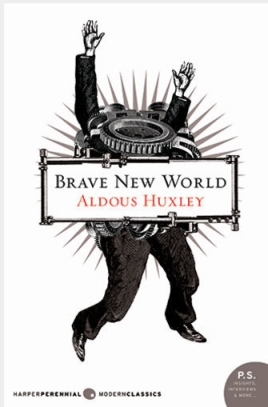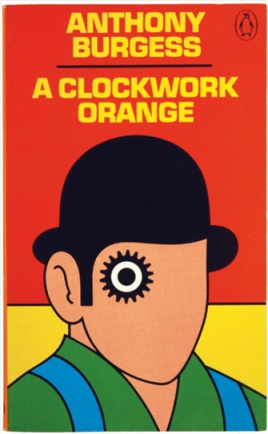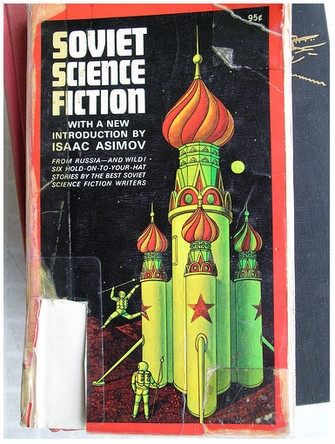- HOME
- INTRO TO THE FORUM
- USE AND MISUSE
- BADLY WRITTEN, BADLY SPOKEN
- GETTING
TO KNOW ENGLISH - PREPARING FOR ENGLISH PROFICIENCY TESTS
- GOING DEEPER INTO ENGLISH
- YOU ASKED ME THIS QUESTION
- ADVOCACIES
- EDUCATION AND TEACHING FORUM
- ADVICE AND DISSENT
- MY MEDIA ENGLISH WATCH
- STUDENTS' SOUNDING BOARD
- LANGUAGE HUMOR AT ITS FINEST
- THE LOUNGE
- NOTABLE WORKS BY OUR VERY OWN
- ESSAYS BY JOSE CARILLO
- Long Noun Forms Make Sentences Exasperatingly Difficult To Grasp
- Good Conversationalists Phrase Their Tag Questions With Finesse
- The Pronoun “None” Can Mean Either “Not One” Or “Not Any”
- A Rather Curious State Of Affairs In The Grammar Of “Do”-Questions
- Why I Consistently Use The Serial Comma
- Misuse Of “Lie” And “Lay” Punctures Many Writers’ Command Of English
- ABOUT JOSE CARILLO
- READINGS ABOUT LANGUAGE
- TIME OUT FROM ENGLISH GRAMMAR
- NEWS AND COMMENTARY
- BOOKSHOP
- ARCHIVES
Click here to recommend us!
READINGS IN LANGUAGE
This section features links to interesting, instructive, or thought-provoking readings about the English language and related disciplines. The selections could be anywhere from light and humorous to serious and scholarly, and they range widely from the reading, writing, listening, and speaking disciplines to the teaching and learning of English.
Reading literary fiction can make us better thinkers, study shows
A common but highly problematic condition among humans is that they are uncomfortable with ambiguity, and the compulsion to quell that discomfort often leads to snap judgments, rigid thinking, and bad decision-making.
But in a recent research study reported in the Creativity Research Journal, three University of Toronto scholars led by psychologist Maja Djikic have found that people who have just read a short story have less need for “cognitive closure”—the term psychologist’s use for that compulsion to resolve ambiguity—than their peers in the study who have just read an essay.




“Exposure to literature may offer a (way for people) to become more likely to open their minds,” the research team reported. “The reader can simulate the thinking styles even of people he or she might personally dislike. One can think along and even feel along with Humbert Humbert in (Vladimir Nabokov’s) Lolita, no matter how offensive one finds this character.”
The research study involved 100 University of Toronto students who, after providing some personal information, read either one of eight short stories or one of eight essays. The fictional stories were by authors including Wallace Stegner, Jean Stafford, and Paul Bowles; the non-fiction essays were by equally illustrious writers such as George Bernard Shaw and Stephen Jay Gould.
Read Tom Jacob’s “Reading Literature Opens Minds” in the Pacific Standard Magazine website now!
OTHER INTERESTING READINGS:
Writing lessons for astrophysicists. In “Special Topics in Mindboggling Physics,” an article that came out in TheMorningNews.org website, science writer Peter Birkenhead says that popular science books are all well and good until they ask you to picture a hundred cats playing volleyball in the 14th dimension. Huh? He explains his predicament: “I could have spent the last few decades banging my head against a telescope and achieved the same results I’ve gotten reading about string theory, bubble-verses and, oh my God, Schrödinger’s goddamn cat. Yet somehow, every few years I manage to forget what Stephen Hawking did to me that summer in Boston, or how Richard Feynman left me sprawled and groaning on the bedroom floor, and after glancing at just a few pages of elegant introduction, succumb again to another science popularizer with great blurbs.”

FROM THE MORNING NEWS WEBSITE
Read Peter Birkenhead’s “Special Topics in Mindboggling Physics” in TheMorningNews.org now!
A whale of a word gone for good. In “German dictionary: So long, long words?”, a news feature that came out in the June 4, 2013 issue of BBC News Magazine, John Kelly reports what he says could be good news for German sufferers of writers’ cramp—the dropping from the German lexicon of its 65-letter compound noun for “law delegating beef label monitoring,” Rindfleischetikettierungsueberwachungsaufgabenuebertragungsgesetz. He says that while this development will make sesquipedalians—a fairly long English word for “lovers of long words”—shudder, it definitely will make hippopotomonstrosesquipedaliophobics—a 36-letter English word for “people with a fear of such grandiloquence”—happier.
Read John Kelly’s “German dictionary: So long, long words?” in the BBC News Magazine now!
Purloined poetry. In “On Being Plagiarized,” a blog he posted in the June 6, 2013 issue of the lrb.co.uk website, American poet Charles Hartman writes of his disquieting experience of finding an old poem of his plagiarized—“I saw a something that reflected my poem as if in a mirror that’s been through a house fire.” The perpetrator did the same to the works of several other poems, mostly purloined from the Contemporary American Poetry Archive. Hartman says: “What bothered me was not being robbed: I still have the original poem, and since Poetry magazine published it in 1974, my ownership, if that is the right word, could hardly be questioned. The insult was partly that the plagiarist assumed my poem was too obscure for anyone to discover his theft.”
Read Charles Hartman’s On Being Plagiarized” in the lrb.co.uk website now!
Click to read comments or post a comment
View the complete list of postings in this section
(requires registration to post)






